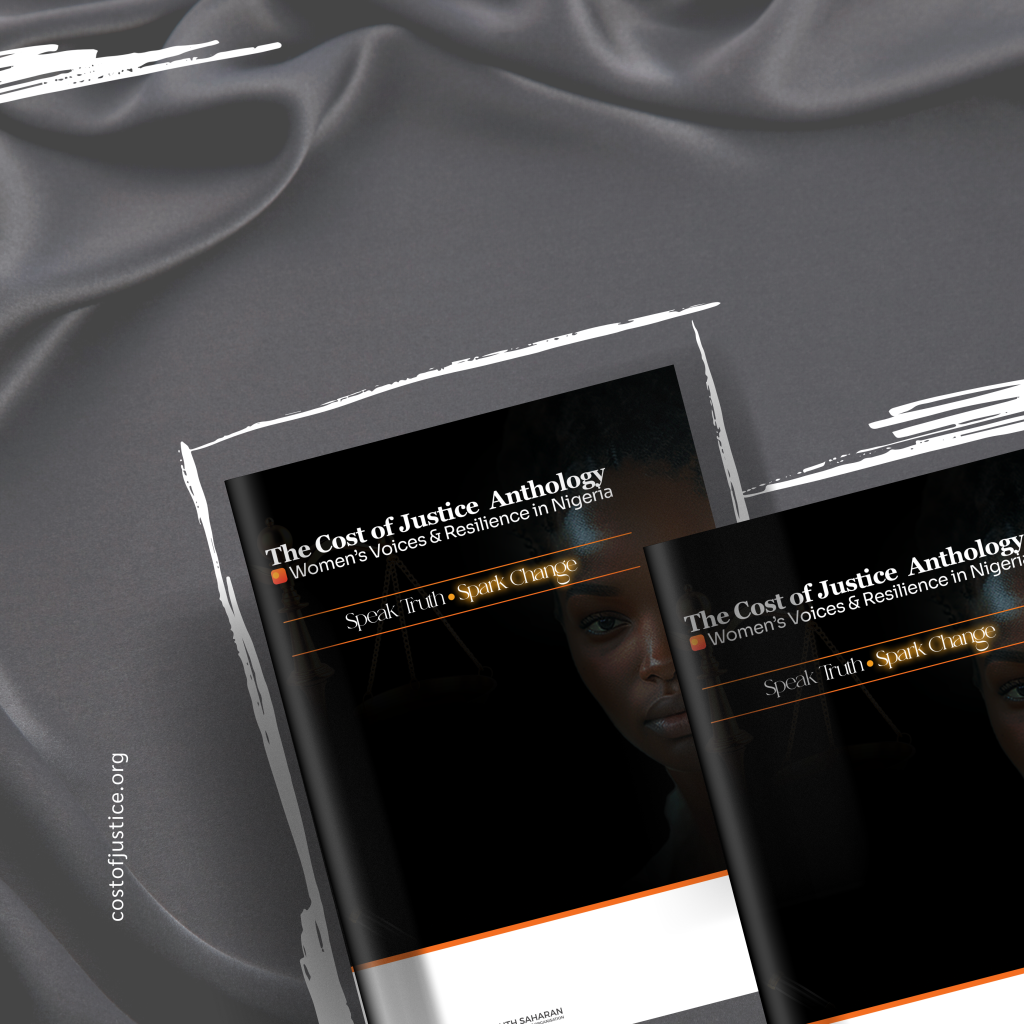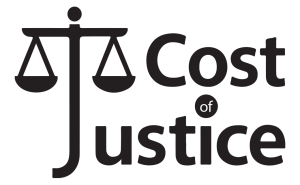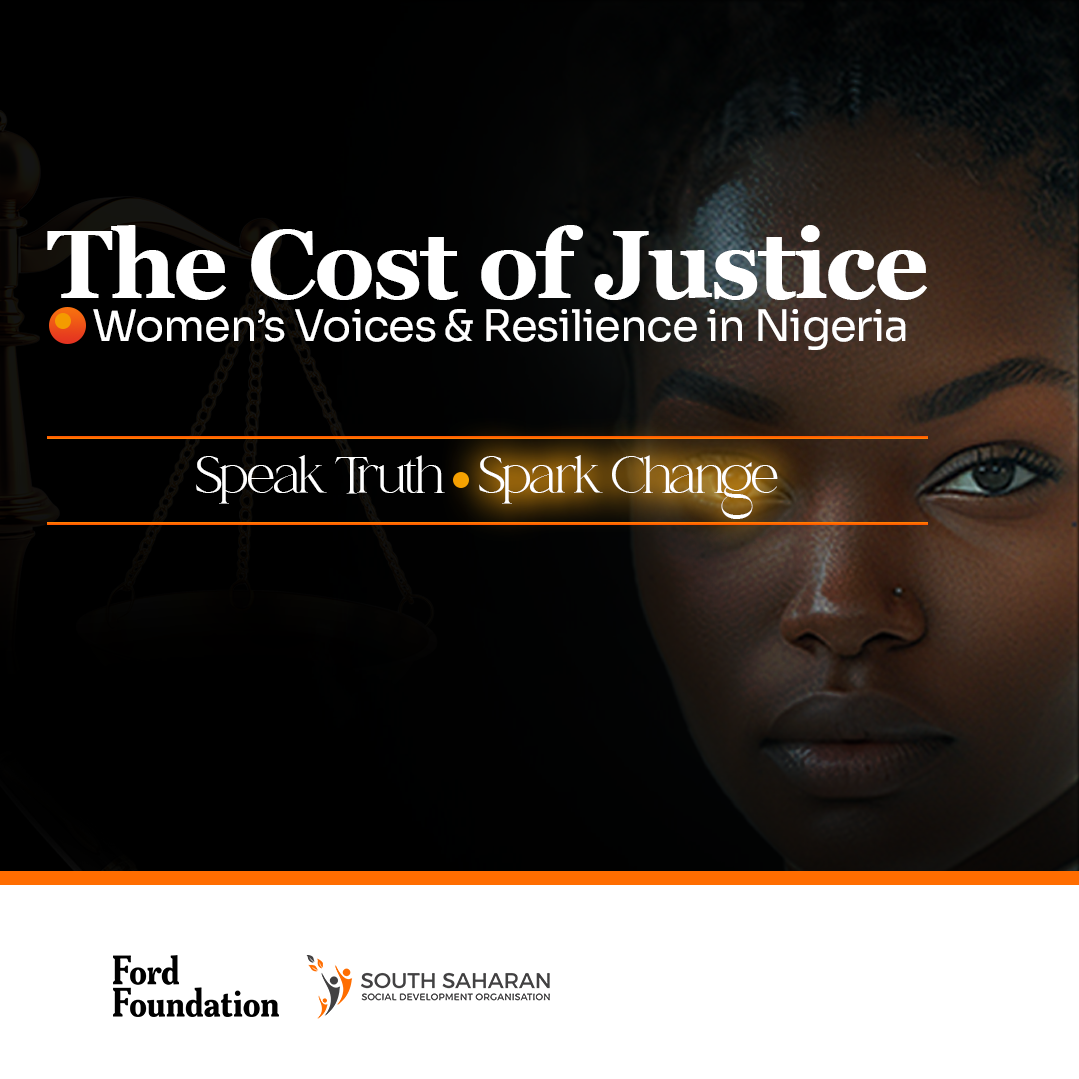
The Cost of Justice Anthology was born out of a deep exploration into the lived realities of Gender-Based Violence (GBV) in local communities. Our baseline assessment revealed not only the alarming prevalence of abuse, but also the harmful traditional practices and pervasive stigma that silence survivors. Through a series of community engagements, we were privileged to hear survivors’ voices, many of them speaking their truth for the very first time.
From these powerful testimonies, three urgent themes emerged.
- Cost of Justice.
- Trapped in Silence.
- Gatekeepers.
Together, these narratives form the heart of this anthology a testament to resilience, a call for justice, and an invitation to break the silence.
The Cost of Justice Anthology is a South Saharan Social Development Organisation initiative, supported by the Ford Foundation.
From silence to justice
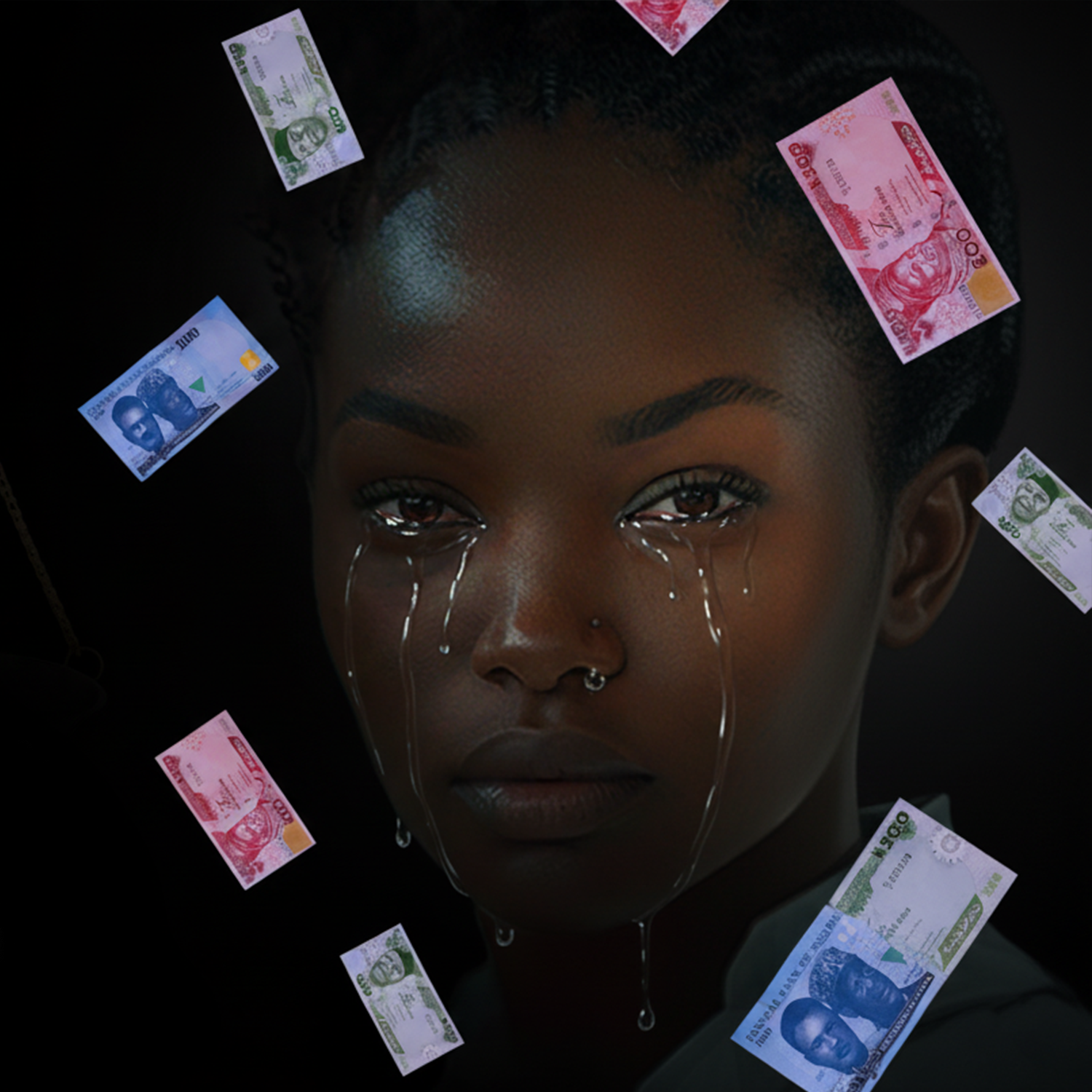
The Cost of Justice
The monetary, emotional, and social price women pay when they pursue redress.
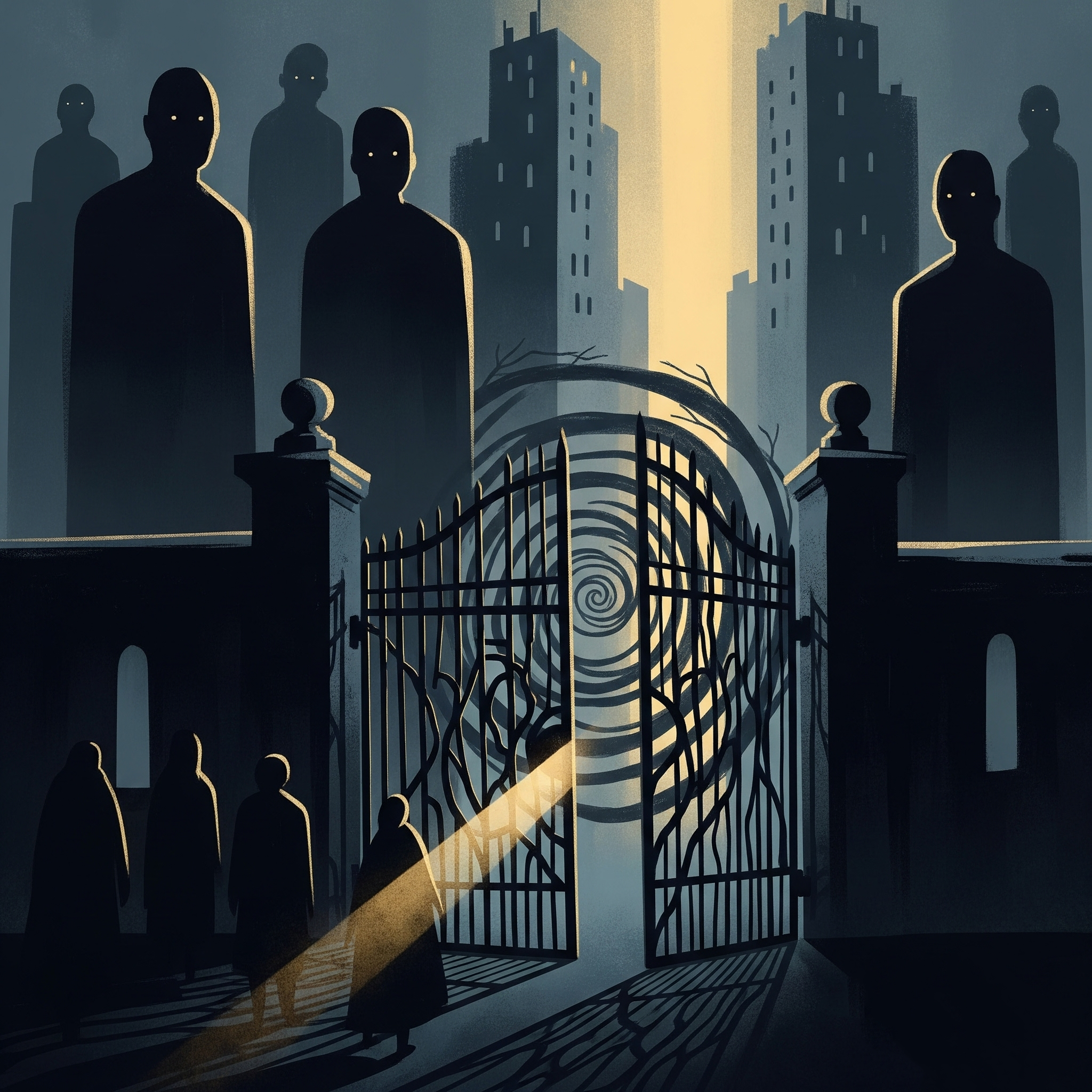
Gatekeepers
People or institutions (family elders, police, courts, religious bodies, health services, employers, etc.) that enable or excuse harmful practices.
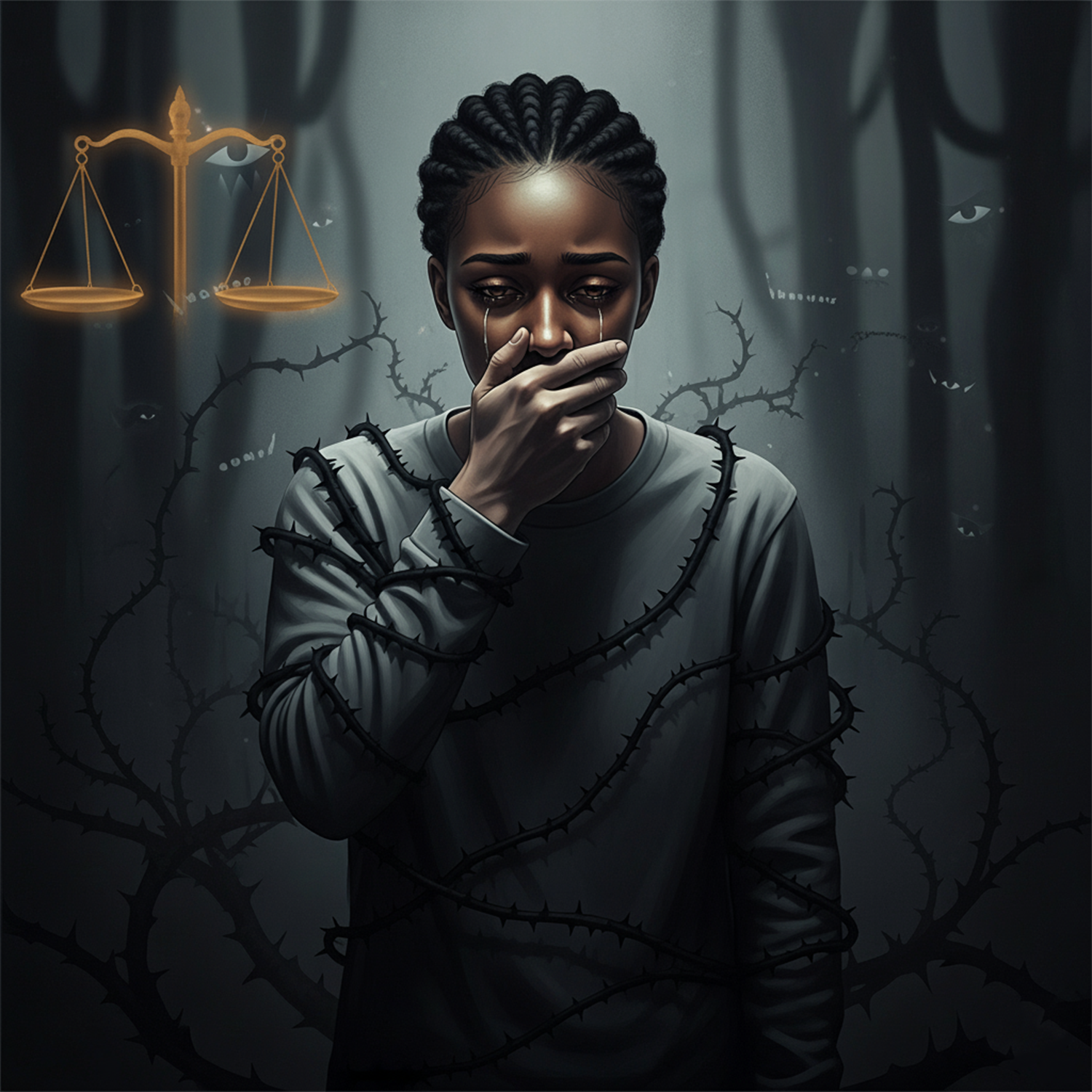
Trapped in Silence
The weight of stigma, shame, and community pressure that deters survivors from speaking out.
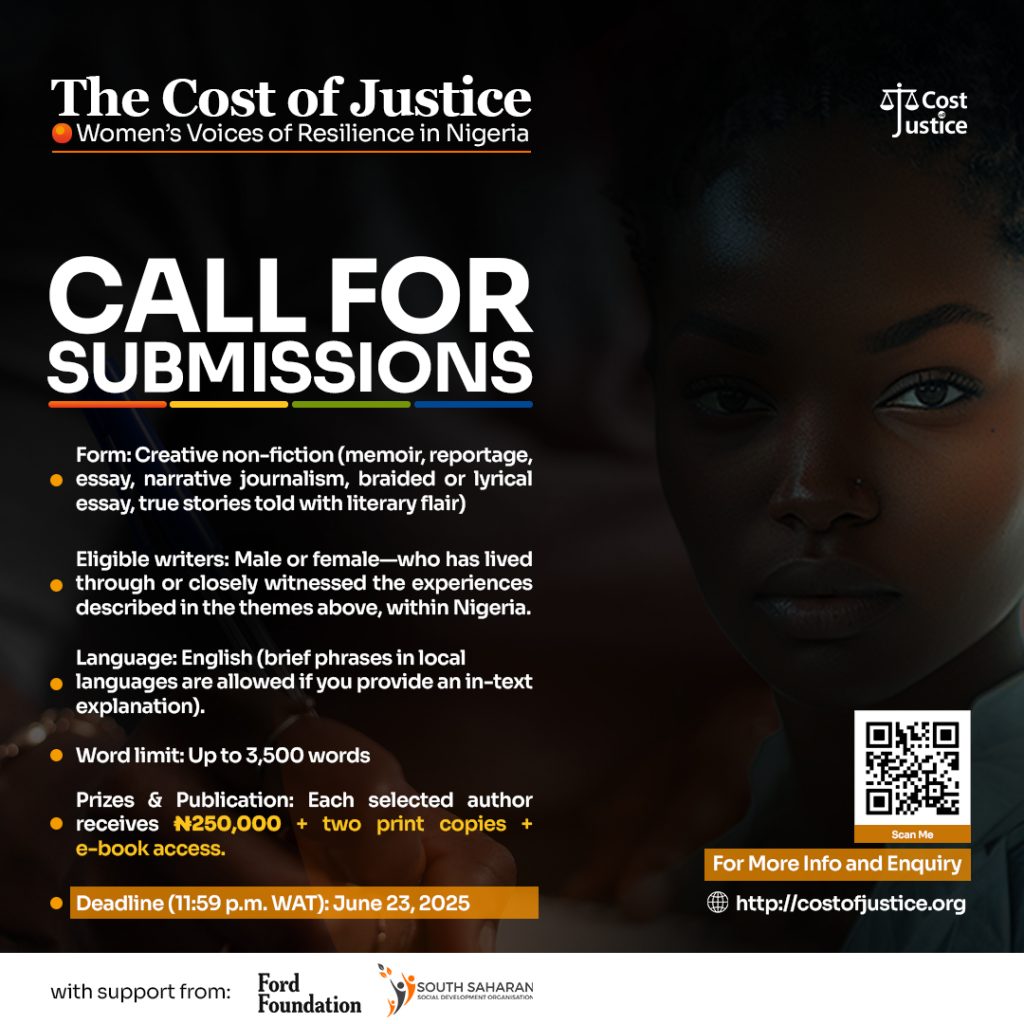
join now
Call for Stories
To bring these realities to light, we invited people from across Nigeria to share stories (whether lived or observed), around the anthology’s themes. The response was overwhelming, We received over 100 entries, each one a testimony of resilience, grief, courage, and truth. From these, a panel is carefully selecting 15 narratives that will anchor the anthology, ensuring that the voices carried within it are as powerful as they are representative.
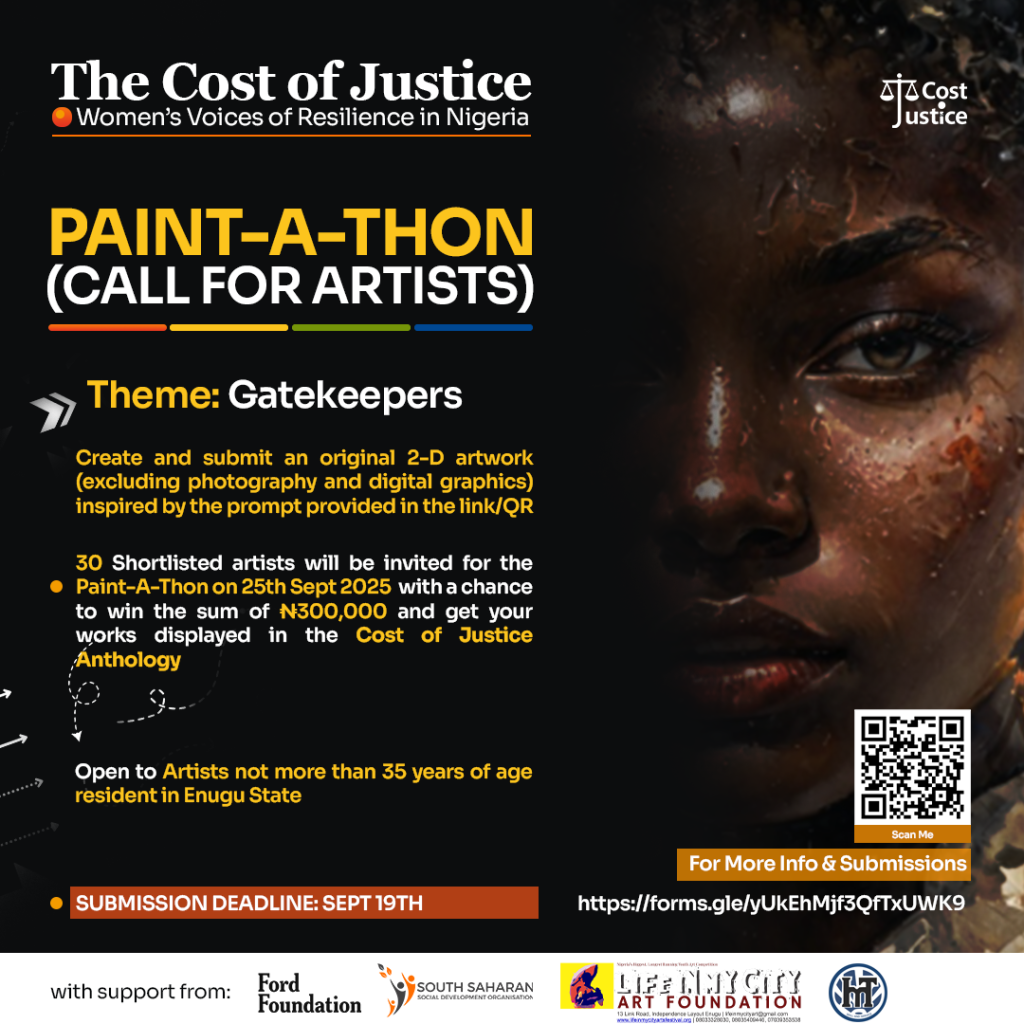
join now
Call for Artists
But words alone cannot contain the depth of these experiences. Recognizing the transformative power of art, we launched a Call for Artists through Paint-a-thon. Visual artists are creating 2-D artworks inspired directly by the selected stories, turning narratives into images that confront, question, and amplify what too often remains unseen. These works will accompany the stories, creating an anthology that speaks through both ink and brush.
The Cost of Justice Anthology is more than a book. It is a collective witness. It is where survivors’ voices meet artistic expression, where silence is broken, and where the hidden costs of injustice are laid bare. Its launch will mark not just the unveiling of a publication, but the opening of a space for dialogue, empathy, and action, calling on all of us to reckon with the realities of GBV and to reimagine communities where justice is not a cost, but a right.
